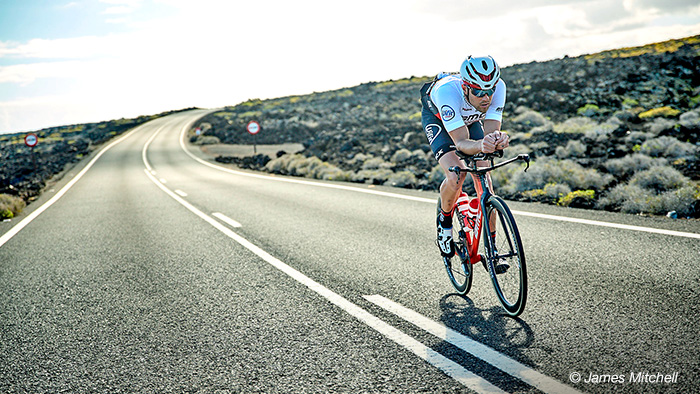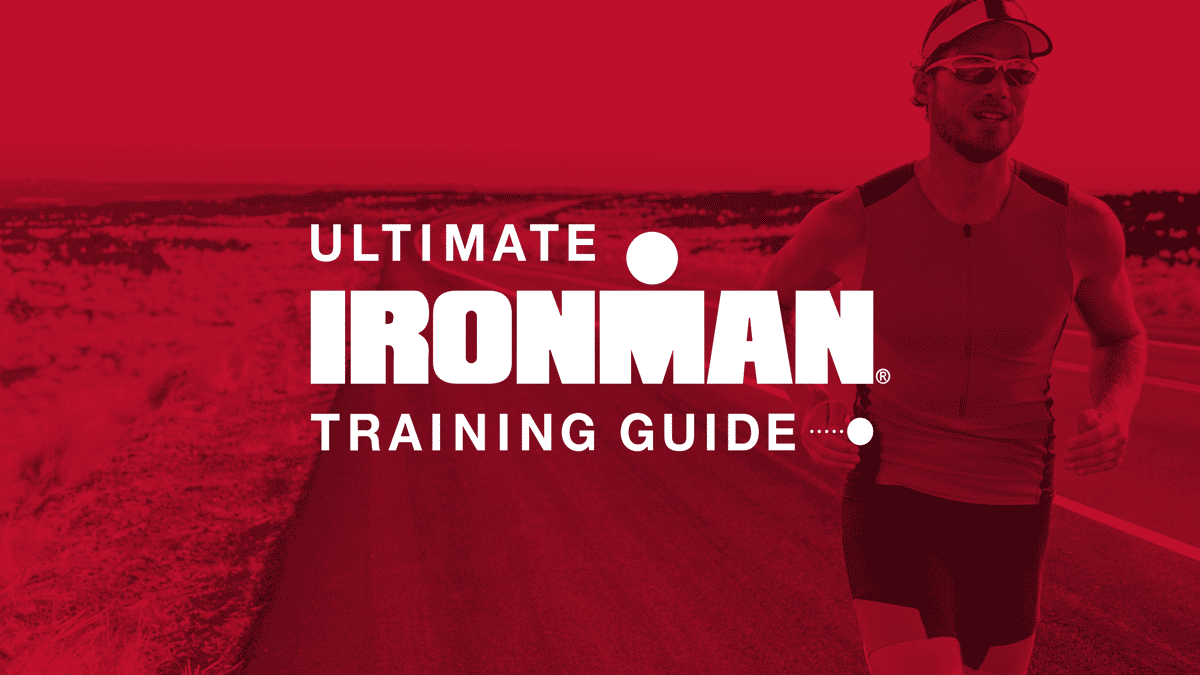As an exercise physiologist, I simply cannot deny the role genetics plays in our own performance potential. If IRONMAN and Olympic world champion Jan Frodeno chose to train the exact same way as Olympic track star Usain Bolt day in and day out, he still simply wouldn’t reach the level of track stardom as the great Jamaican—and vice-versa.
However, whilst recognizing the importance genetics play in relation to our performance, I believe there are other traits that are potentially more important. From my experience these other characteristics are key in separating one athlete from another, and while they have nothing to do with genetics, they are even harder to objectively measure.
Consistency
This is about the sticking to the process day in and day out. You won’t always notice the forward progress you are making as you are offering training under significant fatigue. However, if you can stick to the training plan, eventually the fruits of your labor will be reaped.
No point training like a pro triathlete for two weeks and then going MIA for two weeks; instead just keep ticking the boxes session after session, day after day, week after week and month after month.
There isn’t an issue with missing the occasional session due to family, work or other life commitments, just try to make sure this doesn’t become the norm. Always remember that consistency is king.
Discipline
I see lots of athletes really digging in during group training sessions or when they are under the direct eye of their coaching team. But what about those solo sessions when no one else is there watching what you are doing? Are you disciplined enough to hold your power during long hard efforts when no one else would notice if you just dropped your power by 10 percent for a few minutes? Try to always remember why you are doing what you are doing during these times, as this should provide the motivation for you to keep pushing out the desired workout.
Hard work
This sport certainly isn’t easy. The ability to manage three different disciplines whilst also maintaining family, work and social commitments is hard. And that’s without taking into consideration your strength, yoga, pilates, massage or physio needs as well.
I don’t know many triathletes who aren’t used to getting out of bed super early to get their training done and/or spending their lunch breaks grinding out another session to ensure they complete the prescribed workload.
This sport rewards hard work, and in most cases the athletes who work the hardest get the best results, so don’t buy into the hype about slowing down to go faster, or any other similar fallacy. I don’t think you will find any professional or top age group athlete say they reached their level of performance by working easier than their competitors.
That said, some endurance athletes can fall into the category of overtraining which is detrimental to performance, despite having the best intentions of working hard. A good coach and training plan should ensure this doesn’t happen.
Grit
I must admit this is the one trait I love most in athletes I work with. Whilst training tools such as GPS units, HR monitors and power meters are important, they do not measure the most important attribute of an athlete—which is grit or mental toughness.
Everyone has their own perception of what hard work feels like. I have seen vast differences in people’s own pain tolerance levels. I am sure we all know a couple of people who possess this trait. Think of your training mate who still wants to complete the session despite brutal winds or extreme temperatures. The one who seems to thrive as the session gets harder and harder. With this type of athlete, anything is possible given the appropriate guidance.
Competitiveness
Who has trained the hardest and who wants it the most? Most athletes are competitive when they are feeling fresh. I love trying to train competitiveness in athletes under fatigue as this is a completely different game.
Adding the dynamic of fatigue into the equation highlights and the true will of an individual to win or succeed in their sport. It is also important to know when to be competitive as well, if you are trying to win every single workout, including warm ups and cool downs, then you won’t last long.
Pick and choose your moments when it is time to lay it on the line and when those moments arrive make sure you refuse to surrender or to be beaten. You never know how close you are to cracking another competitor, so just try hang in there for another minute or another second—because it just might be worth it.



